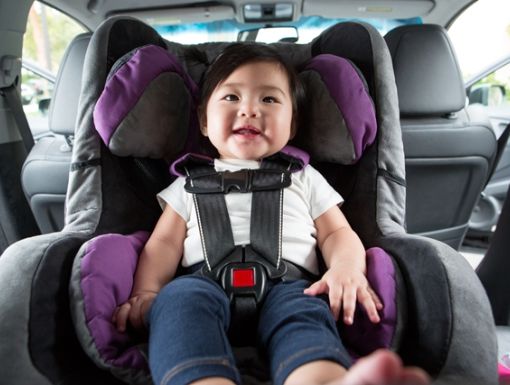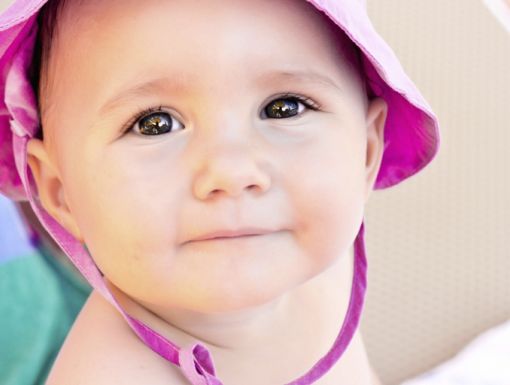
Coverage is Key with Infants and Sunscreen
Now that the kids are out of school, summer vacation is in full swing and families are spending more time outdoors. It’s extremely important to make sure all members of the family are protected against the sun, especially infants who can become seriously ill from sun overexposure.
During the summer, it is hard to resist the allure of the sun. However, when it comes to sun protection, we have to be diligent. Babies younger than 6 months really do not have the same defensives against sun exposure and dehydration as older people do. Because of this, it is recommended that sun avoidance be taken. However, if this isn’t possible, we can take some simple steps to make sure that our babies are protected.
Tips for infant safety include:
- Avoid bringing infants out in direct sunlight, particularly from 10:00 a.m. till 4:00 p.m. That’s when UVA and UVB rays are most intense and damaging.
- If it’s unavoidable that an infant will be in the sun, parents should try to make it brief and dress their infant in protective clothing including a wide brimmed hat which covers their ears and neck, sunglasses with 99 percent UV protection and loose-fitting, light-colored, cotton, long sleeved clothing.
- For babies under six months of age, parents should only apply very small amounts of sunscreen to areas of unprotected skin, as chemicals in sunscreen can cause irritation and rashes at this young age. For children older than six months, it is important to use a “broad spectrum” sunscreen.
- It is best to choose children's products SPF 15 or greater, unscented and made for sensitive skin.
- 80 percent of the sun’s UV rays can penetrate clouds, so infants can be sunburned on cloudy days. Sunscreen should be applied 15-30 minutes before exposure and reapplied every two hours if the child gets wet.
Parents should also be wary of dehydration. A few signs to look for are fewer tears, red skin, sticky mouth secretions and decreased urine output. If you sense your baby is dehydrated, plan to provide extra breast milk or formula.
Be aware that young infants create less sweat, which is the body's primary mechanism of cooling. So it’s best to time outings during cooler, less sunny times of day in order to keep an infant safe.
Bottom line: coverage is key, so whether you are relying on shade, clothing, or sunscreen, make sure every inch of you and your little ones are protected from the sun’s harmful rays. For more specific information, contact your physician.



